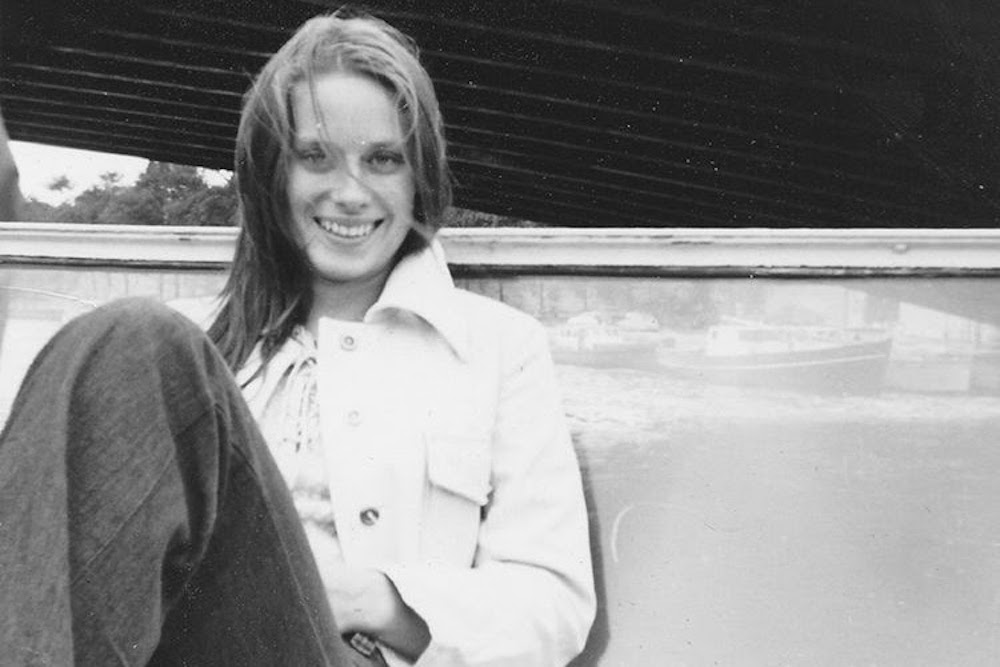Every week, the editors of The Paris Review lift the paywall on a selection of interviews, stories, poems, and more from the magazine’s archive. You can have these unlocked pieces delivered straight to your inbox every Sunday by signing up for the Redux newsletter.
This week, we’re reading pieces all about the art of the piano. Read on for Lydia Davis’s Art of Fiction interview, Julio Cortázar’s “Feuilletons from A Certain Lucas,” Hanif Abdurraqib’s poem “Off–White,” and Sarah Manguso’s essay “Oceans.”
If you enjoy these free interviews, stories, and poems, why not subscribe to The Paris Review and read the entire archive? You’ll also get four new issues of the quarterly delivered straight to your door. And don’t forget to listen to Season 2 of The Paris Review Podcast!
Lydia Davis, Art of Fiction No. 227
Issue no. 212 (Spring 2015)
INTERVIEWER
I think of the narrator of your story “Glenn Gould,” who wonders whether there is a way of being selfish without hurting anyone.
DAVIS
By never marrying, and living alone and having long conversations in the middle of the night with a friend. And by never seeing that person.
Feuilletons from A Certain Lucas
By Julio Cortázar
Issue no. 82 (Winter 1981)
A cat had been taught to play the piano and this animal, sitting on a stool, played and played the whole existent piano repertory, and in addition five compositions of its own dedicated to several dogs.
Otherwise, the cat was possessed of a perfect stupidity, and during concert intermissions he would compose new pieces with a drive that left everyone flabbergasted. In that way he reached opus eighty-nine, during which he was the victim of a brick thrown by someone with a tenacious rage. He sleeps his final sleep in the lobby of the Great Rex Theater, 640 Corrientes.
Off–White
By Hanif Abdurraqib
Issue no. 227 (Winter 2018)
it is a hot summer & I sweat through sheets I don’t change & people haven’t started filming black folks dying yet & so I believe only what the casket tells me to & even then I watch for the dirt to jump & as a boy I lost a whole tooth trying to lean forward like Mike in the “Smooth Criminal” video & it skipped across the kitchen tile & my still-living mother gathered it in a white towel like a new child & here I learned to honor every hero with absence an empty stomach or a smile like collapsed piano keys …
Oceans
By Sarah Manguso
Issue no. 228 (Spring 2019)
This fact pleased me as it had pleased me to perform Mozart, whose music my piano teacher constantly reminded me sounded deceptively simple but was so difficult that, per the old saying, only the very young and the very old could do it. The urge is to overuse the damper pedal so that the end of one phrase blurs into the beginning of the next. And there I was, in the twentieth century, playing Mozart and proudly showing off my moderately decent ability to perform this simple, difficult work.
If you like what you read, get a year of The Paris Review—four new issues, plus instant access to everything we’ve ever published.
from The Paris Review https://ift.tt/2Pvgscp




Comments
Post a Comment